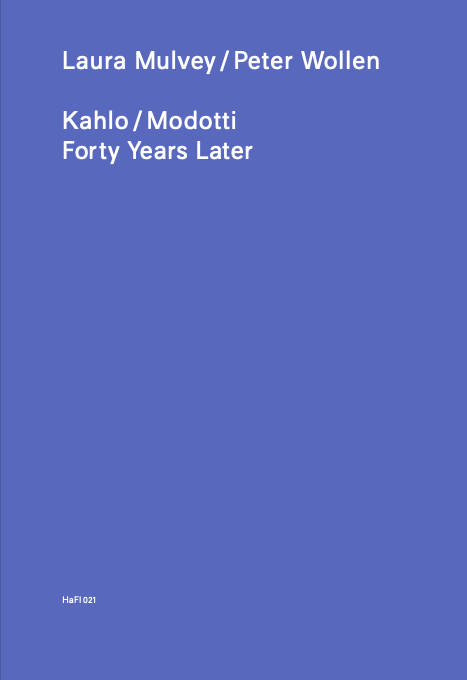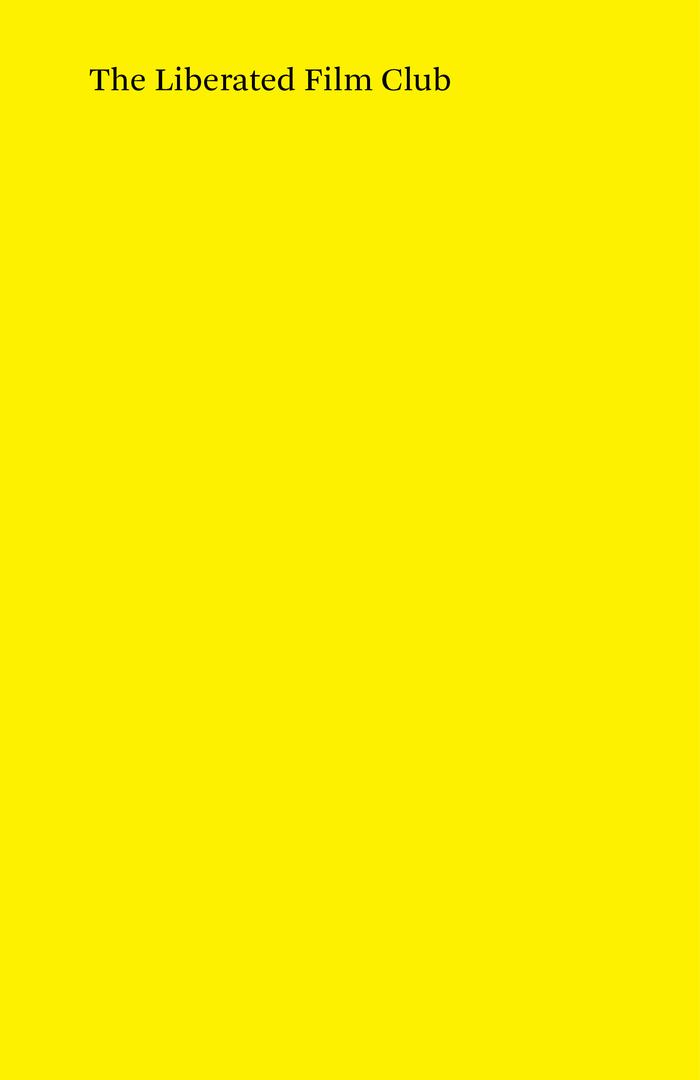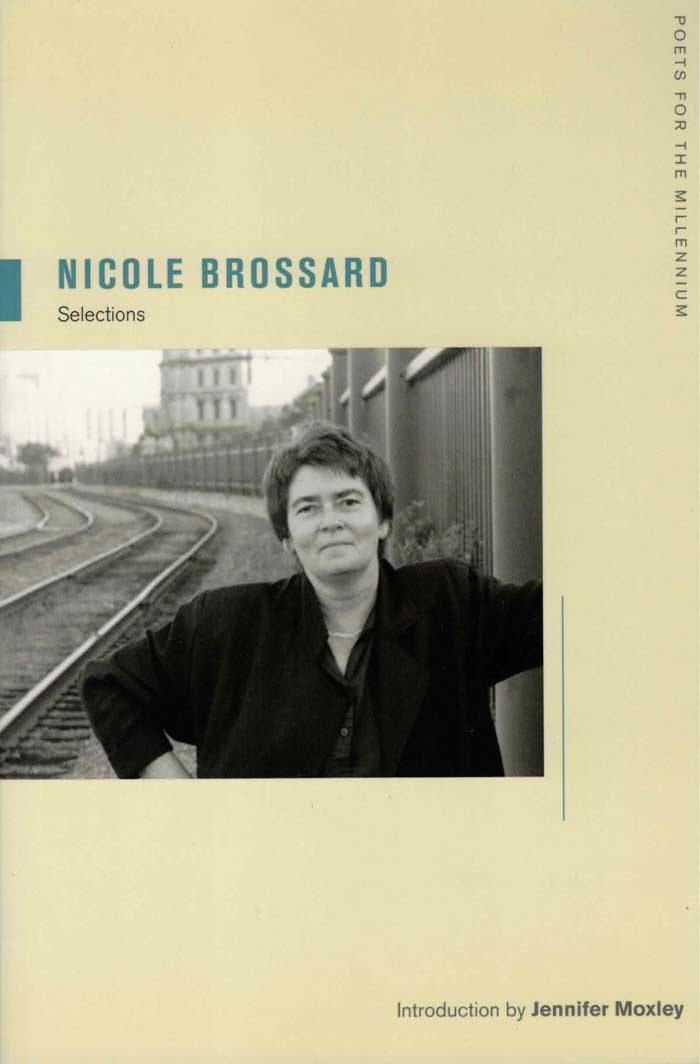
Kahlo/Modotti – Forty Years Later / 40 Jahre später
Kahlo/Modotti – Forty Years Later is the result of a visit by Laura Mulvey to the Department of Film Studies at the University of Zurich in November 2022. The booklet contains two texts: Mulvey's evening lecture at the Cabaret Voltaire, revisiting hers and Peter Wollen's exhibition and film on Frida Kahlo and Tina Modotti, and Wollen's 2003 essay on the phenomenon of "Fridamania."
Focusing on Wollen's and Mulvey's curatorial work and the accompanying film from 1982, the books aims to draw attention to this lesser-known side of their engagement with film and the visual arts. The binary juxtaposition of Kahlo/Modotti, which the film and the exhibition took as a structural principle in the 1980s, becomes a playful quartet in 2024 – Mulvey/Wollen/Kahlo/Modotti – which rearranges and updates the diverse work steps of retrieval, curatorship, exhibition, filmmaking, reception, and reflection.
Laura Mulvey (born 1941, Oxford) is a feminist film theorist and director.
Peter Wollen (1938-2019) was a British film theorist and filmmaker.
Edited by Pascal Maslon, Volker Pantenburg, Caroline Schöbi, Linda Waack.






